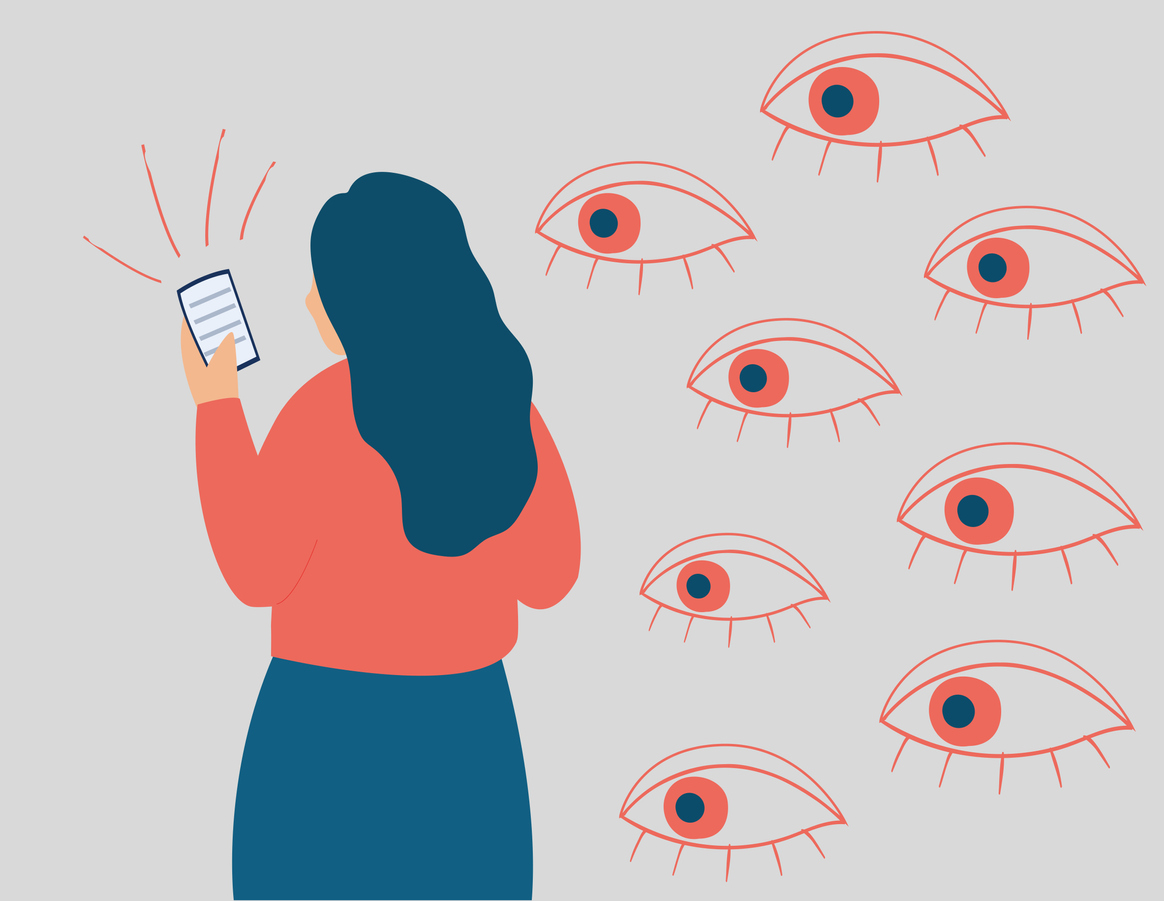
Is tracking your partner’s whereabouts, even with their consent, just a little bit stalky? Image: Salim Hanzaz.
Recently, I’ve encountered a relationship behaviour that has made me feel very uncomfortable in what seem like healthy, normal partnerships.
Numerous friends have mentioned that they and their romantic partner mutually track each other’s location on their phones. They mention it in passing, like it’s no big deal, and clearly both parties have agreed to it.
Is it just me or is stalking your partner’s location generally seen to be … well, stalking?
It has never occurred to me that I would ever need satellite tracking to find my partner. If he’s late coming home, I assume I’ll get a text or he’ll show up. If we’re at separate outings over the weekend and need to touch base, we do so via text or phone. I’ve never desired the knowledge of where exactly he is stuck in traffic or whether or not he’s actually where he said he would be – he’s a grown adult, I trust him, and I don’t need that information. And frankly, if he wanted that information on me, alarm bells would be ringing.
Yet, for the various couples I’ve come across who do this, they feel like it’s completely normal – just a useful way to manage their households, knowing where the other person is without bothering them. Further to tracking their partners, my friends were confident they would also track their children when they had phones (though half of these kids are in kindergarten and have phones already).
Tracking a small child if they’re going to and from school alone before the age of 13 makes sense to me. But I really don’t feel comfortable with the idea of tracking teenagers, even knowing that their age range is more likely to undertake risky behaviour and potentially get into trouble. My reasoning is that people need to have privacy, even from a young age, and building trust is pretty hard if you’re literally watching your child’s every move.
Yes, if the very worst thing happened and your child went missing, you’d probably wish you had tracked their location – but the likelihood of that is fairly slim. It’s more likely that your child will just feel surveilled all the time or come up with some kind of workaround to evade your scrutiny. Even so, I can understand watching your kids’ movements more than I can watching your partner’s.
I don’t know if it’s just because I’ve been reading a lot of crime and thriller novels recently or if I’m just old-fashioned, but tracking any loved one feels weird. Is it just me? Am I overlooking some major benefit of knowing your partner’s every move that doesn’t fall into the category of creepy and controlling?





















